Guarding Your Gut
Effective Strategies for Gastrointestinal Tract Cancer Prevention
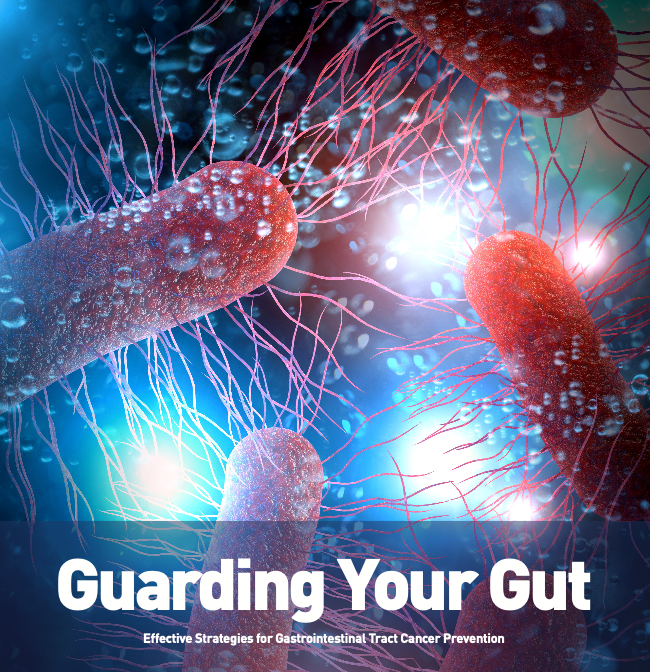
Gastrointestinal (GI) tract cancers encompass a range of malignancies affecting the digestive system, including the oesophagus, stomach, small intestine, colon and rectum.
These cancers are among the most prevalent and deadly worldwide. However, adopting certain preventive measures can significantly reduce the risk of developing GI tract cancer.
In this article, we will explore key strategies that you can incorporate into your daily lives to safeguard your gut health and lower the chances of developing such cancers.
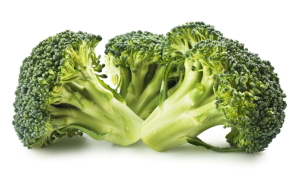
DIET
There are several essential strategies you can adopt to protect your GI tract and lower the risks of developing GI tract cancer.
One aspect that you need to pay attention to is your diet. Make a mental note of the below pointers.
Healthy Diet
A well-balanced diet plays a pivotal role in GI tract cancer prevention. Incorporate plenty of fresh fruits, vegetables, whole grains and legumes into your diet.
These foods are high in fibre which aids in maintaining a healthy digestive system and may lower the risk of colon cancer. Foods such as berries, leafy greens and colourful vegetables are also antioxidant rich, and can help to protect cells from damage caused by free radicals that can contribute to cancer development.
Limit Red and Processed Meat
Reducing the consumption of red meats (such as beef, lamb and pork) and processed meats (like bacon, sausages and deli meats) is key to safeguarding gut health.
High consumption of these meats has been associated with an increased risk of colorectal cancer.
Healthy Fats
Make a conscious choice to go for sources of healthy fats, such as avocados, nuts, seeds and olive oil, while reducing your intake of saturated and trans fats.
This switch can help you to maintain a healthy weight, and reduce the risk of obesity-related cancers (e.g., colorectal cancer, oesophageal cancer, breast cancer, pancreatic cancer, etc.).
Avoid Excessive Salt, Pickled and Fermented Foods
These foods have been associated with an increased risk of stomach cancer.

Staying Hydrated
Adequate hydration is essential for a healthy digestive system and may help to reduce the risk of certain GI tract cancers.
LIFESTYLE

Besides paying attention to what you eat, you also need to watch other aspects of your lifestyle, including:
1. Limit Alcohol and Tobacco Intake
Excessive alcohol consumption is linked to an increased risk of several GI tract cancers, including those of oesophagus, stomach and liver.
It is recommended to moderate or avoid alcohol altogether. Tobacco use is also a major risk factor for several cancers, including those of the GI tract.
Additionally, certain cooking methods like grilling, smoking or barbecuing meats can produce carcinogenic compounds.
Hence, it is best to limit consumption of such foods as well.
2. Stay Active and Maintain a Healthy Weight

Regular physical activity not only helps you to maintain a healthy weight; it also reduces the risk of GI tract cancers.
Numerous research studies have shown that regular physical activities can help to reduce the risk of developing such cancers and they also seem to offer some protective effects.
Aim for at least 150 minutes of moderate-intensity exercise or 75 minutes of vigorous exercise per week.
Obesity and excessive abdominal fat are also linked to an increased risk of GI tract cancers. Maintaining a healthy body weight through a balanced diet and regular exercise can help to significantly reduce this risk.
3. Manage Stress

While stress is a normal part of life and can be beneficial in certain situations, chronic or severe stress can have negative effects on overall health, including potential impact on cancer development.
In fact, this is a topic of ongoing research and it is important to understand cancer as a multifactorial disease.

Stress is unlikely to be the sole cause of cancer, but it may play a role in combination with other risk factors.
There have been several mechanisms proposed to explain how stress could potentially influence cancer development, such as the weakening of the immune system, the causing of inflammation, the inducing of cellular changes as well as the effects of behavioural factors.
Stress in relation to cancer development is a complex subject, and scientists are still researching the links.
Not everyone who experiences stress will develop cancer.
However, in order to reduce the potential impact of stress on cancer risk, it is crucial to adopt healthy coping mechanisms and lifestyle habits.
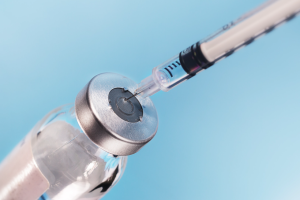
4. Vaccinations
Some GI tract cancers, such as liver cancer, can be caused by certain viruses like hepatitis B. In endemic areas like Southeast Asia, vaccination against hepatitis B can help to prevent the development of liver cancer in high-risk individuals.
5. Minimise Exposure to Carcinogens
You should try to avoid exposure to known carcinogens, such as pesticides, industrial chemicals and other environmental toxins.
Taking precautions to minimise exposure can help to lower the risk of developing GI tract cancers.
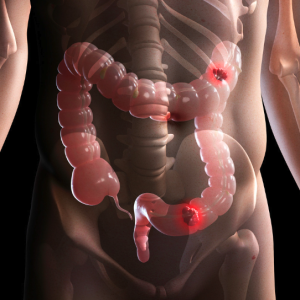
SCREENING AND EARLY DETECTION
Screening and early detection for GI tract cancers are essential as they can lead to better treatment outcomes and improved survival rates.
Here are some common screening and early detection methods for GI tract cancer:
Colonoscopy – This is the primary screening method for detecting colorectal cancer. It involves inserting a flexible tube with a camera into the colon to detect polyps or abnormal growths that may indicate cancer or precancerous lesions.
If polyps are found, they can be removed during the procedure.
Faecal Occult Blood Test (FOBT) or Faecal Immunochemical Test (FIT)
– Both tests detect traces of blood in the stool, which may indicate colorectal cancer. These tests are non-invasive and inexpensive.
They are a cost-effective way to screen for colorectal cancer. However, these tests must be done on an annual basis to increase the sensitivity. If the stool test turns out positive for blood, a colonoscopy should be done to further investigate the source of the blood.
Endoscopy – Oesophagogastroduodenoscopy (OGD) is an example of endoscopy. It is used to examine the oesopahgus, stomach and duodenum for abnormalities or early signs of cancer.
Imaging Tests – CT, MRI and ultrasound scans may be used to visualise the GI tract and adjacent organs, aiding the detection and staging of various cancers.
Biomarker Testing – GASTROClear is the world’s first approved molecular blood test for early detection of gastric cancer. This test will grade the individual as low, medium or high risk for gastric cancer. Based on the result, further investigation(s) will be recommended.
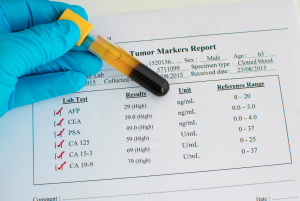
TUMOUR MARKERS
Tumour markers are substances that can be found in the blood or tissues of some cancer patients. They are produced by cancer cells or other cells in the body in response to cancer.
These can be used in various ways, from cancer screening, monitoring treatment response to detecting cancer recurrence.
However, their accuracy as a standalone screening tool for GI tract cancer is limited. Thus, they are typically not recommended as a primary method for cancer screening. This is because:
Limited Specificity – Tumour markers are not specific to one type of cancer and can be elevated in various benign conditions and other non-cancerous diseases. This can lead to false positive results, causing unnecessary anxiety and further invasive testing.
Low Sensitivity – In the early stages of cancer, tumour markers might not be elevated enough to be detected by routine screening tests. This can lead to false negative results. Hence, relying solely on tumour markers for screening might miss cancers at their earliest and most treatable stage.
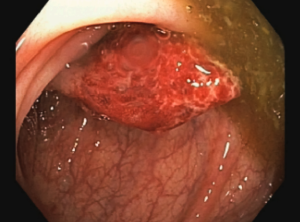
Varied Expression – Not all GI tract cancers produce tumour markers, and the expression of tumour markers can vary widely across different individuals with the same type of cancer. Some cancers may not even produce any detectable tumour markers, rendering this approach ineffective in such cases.
Supportive, Not Diagnostic Tool – Tumour lesions. If polyps are found, they can markers are more useful as supplementary be removed during the procedure.tools in the diagnostic process, rather than as standalone tests. They are valuable in combination with other diagnostic methods like imaging and endoscopies.
MOST SUITABLE SCREENING METHOD
Before you go for screening, there is an important question you need to ask yourself: do you have any symptoms, particularly those that arise from the GI tract?
If the answer is “yes”, then you need to consult your doctor for a more detailed assessment with further tailored investigations.
In this case, you are not considered as part of the “screening” population.
But if the answer is “no” and you are completely well, then you can consider the following screening methods:
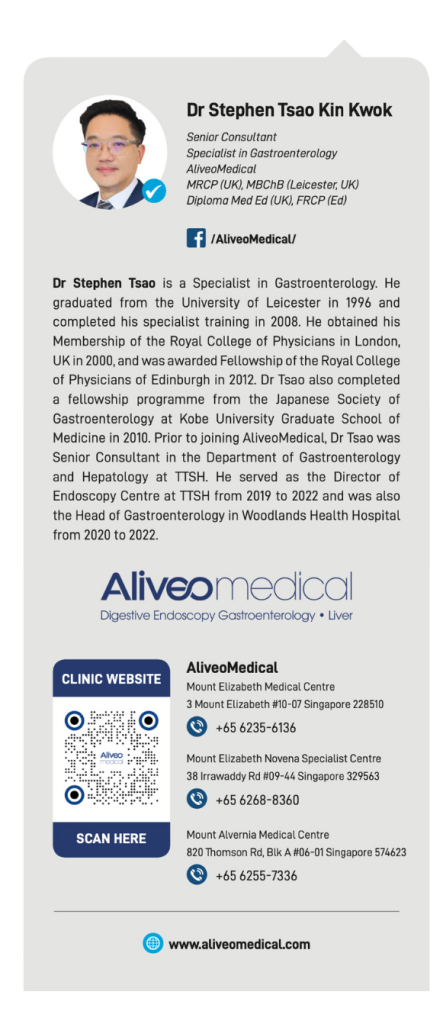
1. Colorectal Cancer Screening
If you have a family history of colorectal cancer among first degree relatives (parents or siblings), especially when these case(s) occur at 50 years of age or less, colonoscopy would be the screening method of choice. This is because there is an increased likelihood of pre-cancerous lesions for individuals with this type of family history, compared with the general population. Colonoscopy is a more sensitive way to detect such lesions, even when they are small.
If you do not have a family history, then you are considered to have average risk of developing colon cancer.
The recommended screening method for such individuals over the age of 50 is to perform regular FIT testing. The minimum interval should be once every two years, but if. done once a year, it will increase the sensitivity of the test.
In addition, the Ministry of Health has recently approved the use of Medisave for the purpose of screening colonoscopy once every 10 years. You may opt for this as an alternative.
2. Gastric Cancer Screening
Helicobactor pylori is a bacterium that can infect the stomach lining. It is a recognised risk factor in the development of stomach cancer.
You may perform a blood test to detect the presence of an antibody against this bacterium (which may, in turn, imply an active infection) or choose to do a direct urea breath test to determine whether you have this bacterium.
This is advisable, particularly if your spouse or parents have had this bacterial infection before.
Another option is to perform the GASTROClear molecular blood test to determine your level of risk. Depending on the result of this blood test, you may require furtherendoscopic evaluation.
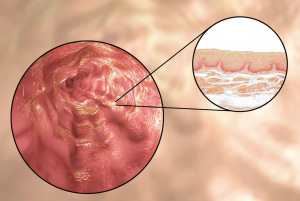
3. Oesophageal Cancer
There is no good screening test for oesophageal cancer. However, if you have experienced frequent and significant heartburn/acid reflux for a long time, it is advisable to discuss with your doctor to see if you require further endoscopic evaluation.
4. Liver Cancer (Hepatocellular Carcinoma)
Hepatitis B is a known risk factor in developing primary liver cancer. Therefore, if you are a carrier of hepatitis B virus, you should have regular blood tests and ultrasound scans to monitor for complications. Having regular scans allows early detection of liver cancer and therefore, enables early treatment.
CONCLUSION
Screening plays a crucial role in the early detection and prevention of GI tract cancers. However, while screening is a powerful tool for cancer prevention, it is essential to combine this with other strategies to safeguard your gut health, including having a balanced diet, regular physical activity, and avoidance of tobacco and excessive alcohol consumption.
Combining these with regular screenings can further enhance the efforts to reduce the potential burden of GI tract cancers. PRIME

Dr Stephen Tsao
Dr Stephen Tsao is a Specialist in Gastroenterology. He graduated from the University of Leicester in 1996 and completed his specialist training in 2008. He obtained his Membership of the Royal College of Physicians in London, UK in 2000, and was awarded Fellowship of the Royal College of Physicians of Edinburgh in 2012. Dr Tsao also completed a fellowship programme from the Japanese Society of Gastroenterology at Kobe University Graduate School of Medicine in 2010. Prior to joining AliveoMedical, Dr Tsao was Senior Consultant in the Department of Gastroenterology and Hepatology at TTSH. He served as the Director of Endoscopy Centre at TTSH from 2019 to 2022 and was also the Head of Gastroenterology in Woodlands Health Hospital from 2020 to 2022.











